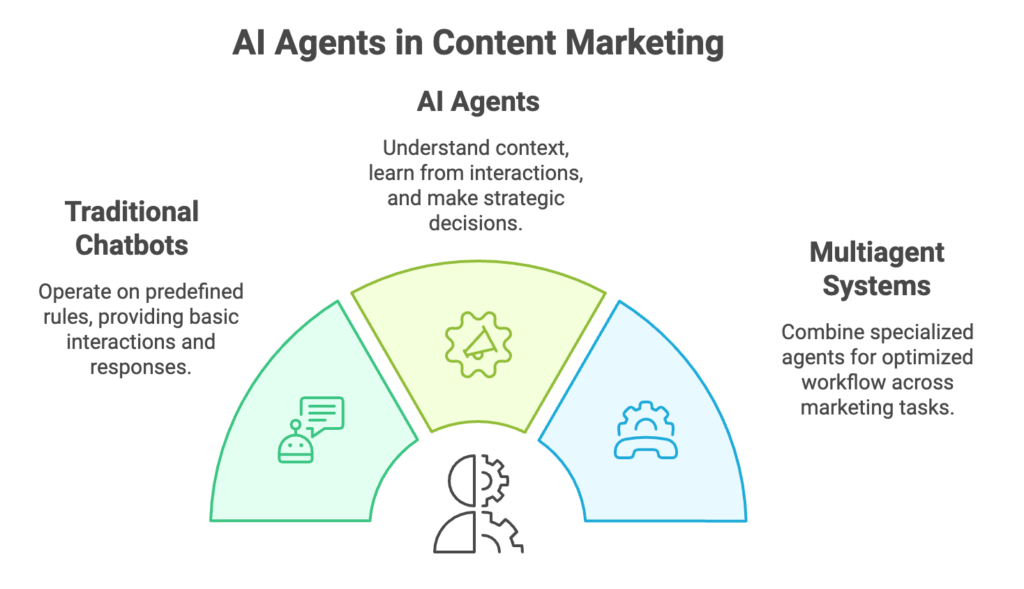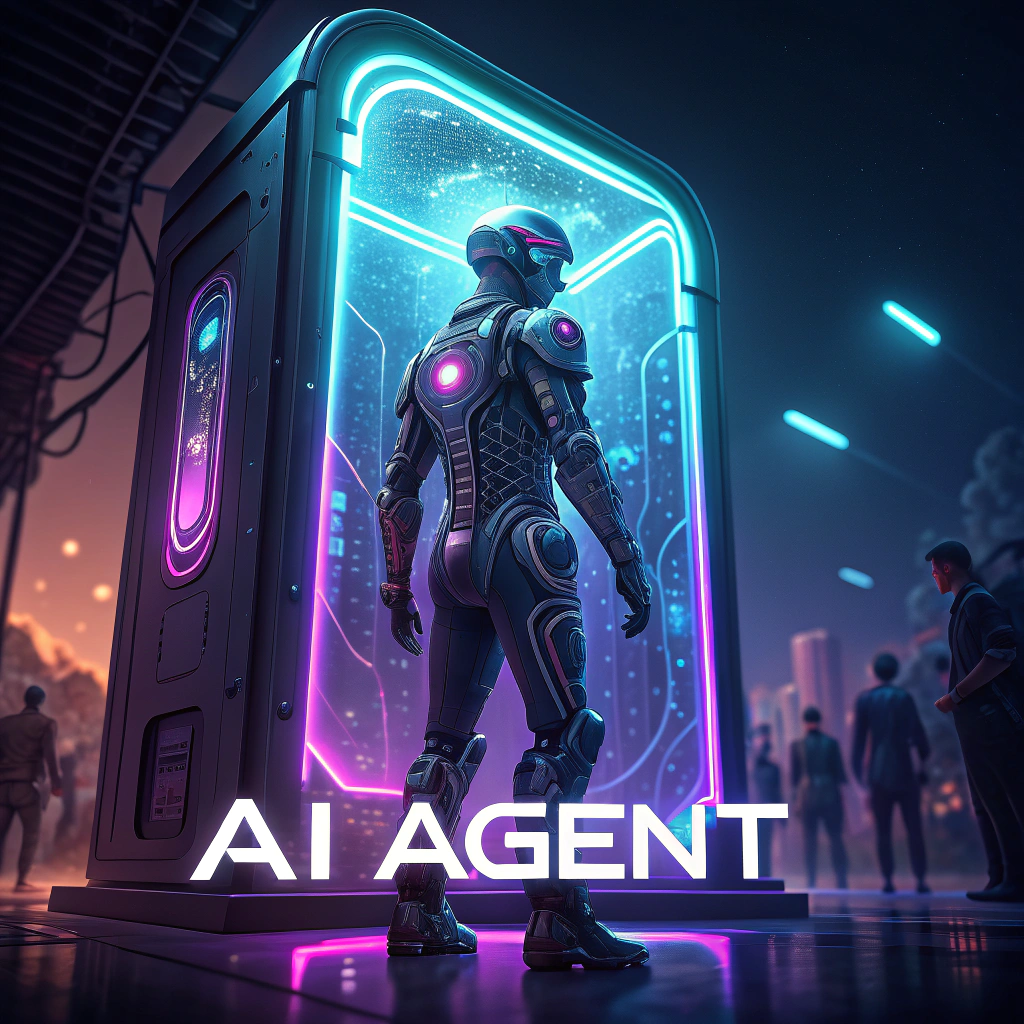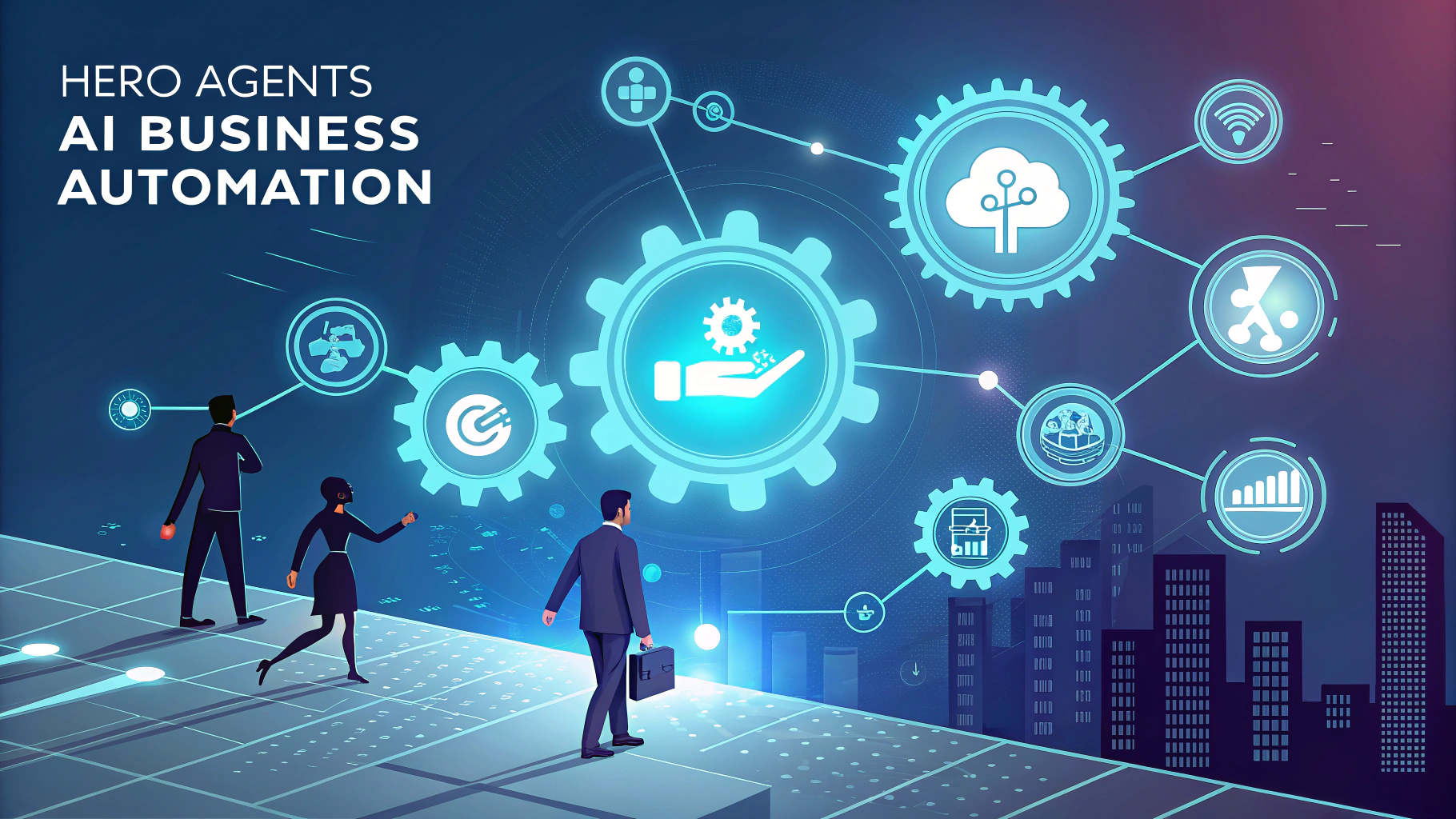AI Agents: Revolutionizing the Future of Automation and Decision-Making

Introduction
AI agents are advancing industries by automating workflows, enhancing decision-making, and driving efficiency. These intelligent systems enable businesses to adapt dynamically to challenges while optimizing processes across sectors like healthcare, finance, marketing, and customer service. As industries evolve in the digital era, AI agents emerge as indispensable tools for innovation.

Source: Imaginary Image Generation
What Are AI Agents?
AI agents are autonomous software systems capable of performing tasks independently using artificial intelligence, machine learning, and natural language processing. Operating dynamically, they can learn from their environment, analyze data, and adapt to changes, making them key players in modern digital workflows.
Applications of AI Agents
1. Customer Support
AI-powered virtual assistants revolutionize customer service by providing real-time responses, automating query resolutions, and improving user satisfaction. These agents efficiently handle repetitive inquiries.

Source: AI in Customer Support
2. Healthcare
In healthcare, AI agents assist with medical diagnostics, patient recordkeeping, and treatment personalization, ensuring smarter and faster healthcare delivery by simplifying management and improving precision.

Source: AI Agents in Healthcare
3. Marketing
AI agents analyze consumer behavior, optimize ad targeting, and shape data-driven campaigns, providing marketers with precise insights to increase engagement and ROI through personalized strategies.

Source: AI Agents in Marketing
4. Finance
AI agents in finance enhance fraud detection, improve risk mitigation strategies, and automate trading practices, fostering secure and efficient systems while ensuring compliance.
Benefits of AI Agents
- Enhanced Efficiency: Automates repetitive processes, saving time and reducing operational burdens for any agent involved.
- Improved Decision-Making: Processes large datasets with precision to offer actionable insights.
- Scalability: Adapts seamlessly to increased workloads, supporting business growth.
- Cost-Optimization: Reduces manual labor costs while increasing productivity.
Challenges and Ethical Considerations
While AI agents provide immense advantages, ethical implementation is crucial:
- Data Privacy: Ensuring sensitive information is handled securely by every AI agent is critical.
- Algorithmic Bias: Developing impartial and fair AI models to prevent agent bias is essential.
- Transparency: Promoting trust through clear, explainable agent systems supports broader acceptance.

Source: Ethical Challenges
The Future of AI Agents
As AI technology evolves, AI agents are poised to redefine industries. Future advancements include:
- IoT Integration: Enabling seamless interaction between AI agents and connected devices.
- Real-Time Predictive Analytics: Enhancing decision-making with instant, actionable insights from each agent.
- Enhanced Human-Agent Collaboration: Supporting stronger synergies between technology and humanity.

Source: Future of AI Agents
Conclusion
AI agents are driving the transformation of industries by automating workflows, improving efficiency, and fostering innovation. Businesses that integrate AI agents into their processes are better equipped to navigate an increasingly competitive digital landscape. As ethical concerns are addressed, the future of the AI agent opens doors to endless possibilities for growth and sustainability.



